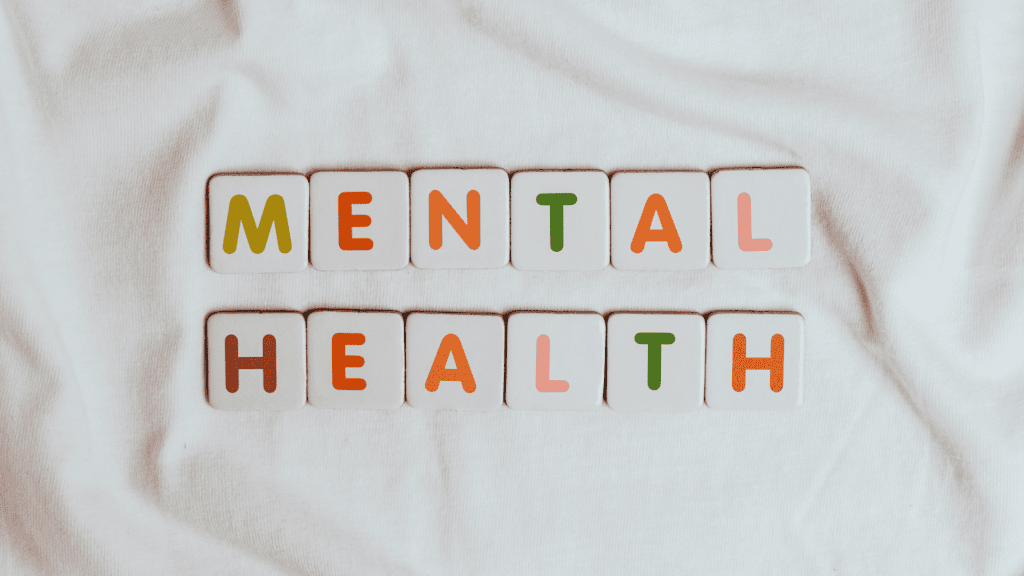I volunteered to write about my experience navigating the mental health system as a parent, and there are countless stories I could tell. But today, I want to focus on the power of perspective when interacting with families facing mental health challenges with their youth.
Perspective shapes every interaction during a mental health crisis. For the young person, their perspective is often centered on survival, fear, and stress. They’re trying to manage overwhelming symptoms that define their reality, doing whatever they can to get through these moments. For parents, the emotions are just as intense, but they are driven by the fight to help their child overcome these challenges. We’re not just observers; we’re in the trenches, fighting a battle alongside our children.
Then there are the professionals—therapists, social workers, healthcare providers—whose actions are shaped by their perspectives, often influenced by preconceived notions and rigid policies. This can become deeply problematic, especially when their biases lead them to see parents not as partners but as part of the problem. When professionals view parents as a threat to their child’s well-being, they often act in ways that exclude and alienate the very people who are most invested in the child’s recovery.
I know this because I’ve lived it. Time and time again, I encountered professionals who saw me as my child’s enemy. They focused on “protecting” my child from me, rather than working with me to support her. I was not seen as an ally, but as a risk. This misalignment led to heartbreaking outcomes. My daughter was removed from my care, placed in traumatic situations like being strip-searched, and environments like shelters that exposed her to situations that further harmed her mental health—all while professionals decided if she could safely return home.
This experience didn’t just shape my view of the healthcare system—it solidified it. I came into these spaces already wary, having been treated unfairly and judged in the past. As a researcher, I knew the statistics; Black families are often marginalized and misunderstood in healthcare. But to be on the receiving end of that prejudice as a mother was a pain I wasn’t prepared for.
Imagine, instead, a world where parents entering a hospital with their struggling child are welcomed as the child’s greatest advocate. Where professionals approach us with the assumption that we are doing our best. Where parents are granted the benefit of the doubt and included in the decision-making process. This is the type of healthcare environment I fight for: one where all involved share a common goal—the healing and support of the child.
I recognize that professionals are bound by policies and practices, but those systems need to evolve. If professionals start from a place of collaboration and understanding, parents will feel safer, heard, and empowered to participate in their child’s care. We need policies that foster partnership, not separation—frameworks that uplift rather than silence.
Today, my daughter is doing significantly better, but I know that the hospital system will likely remain part of our lives. I pray we never again have to face the trauma we endured, but I also know that mental health is a lifelong journey. I wish I could take comfort in knowing there is a team ready to support us, not undermine us, if my daughter ever needs help again.
Hospitals must embed parent-collaboration into their policies and practices so that professionals view parents as allies, not adversaries. It’s my hope that by continuing to speak out and advocate, I can help shift these systems toward a more compassionate, inclusive approach. Our families deserve it, our children deserve it, and the future demands it.
AUTHOR: Anita Ewan


